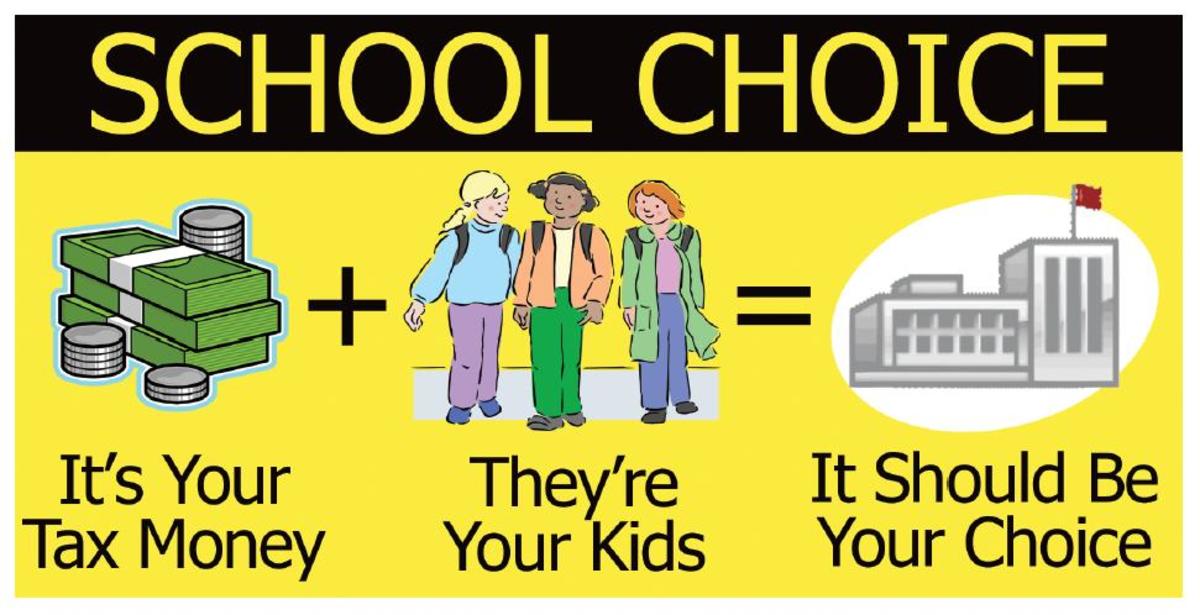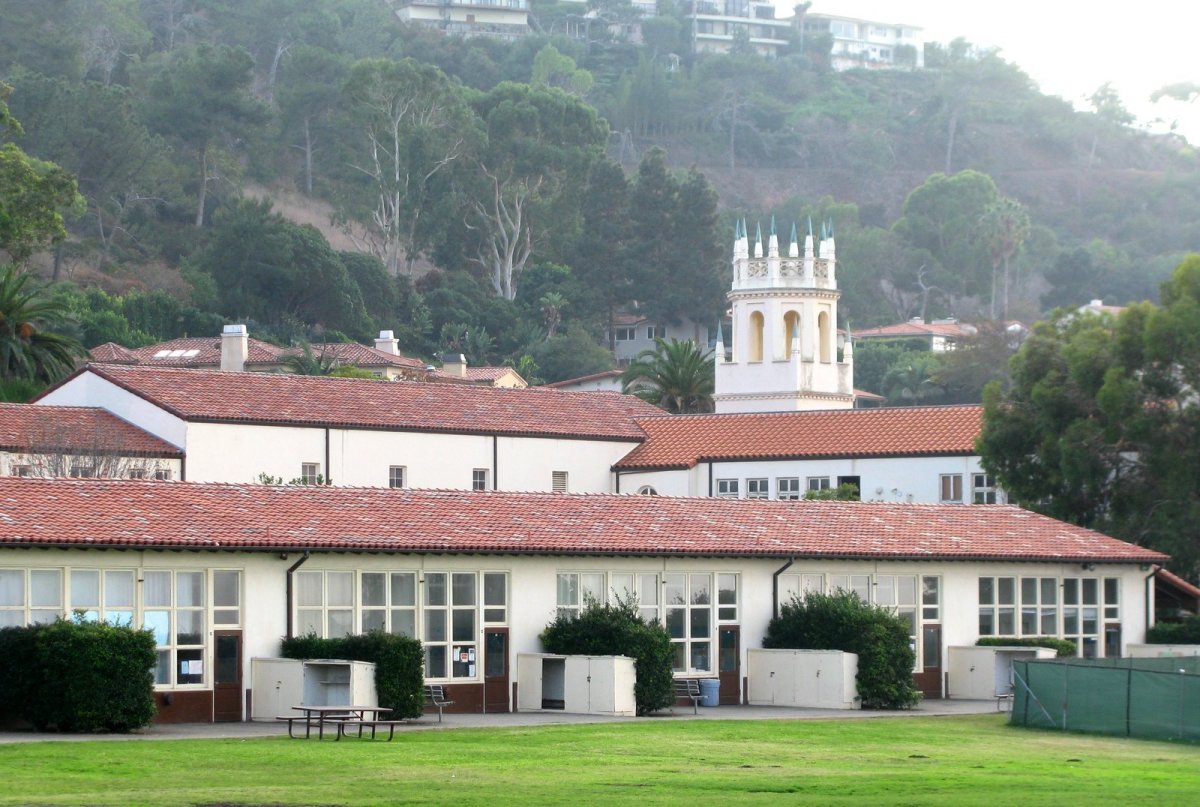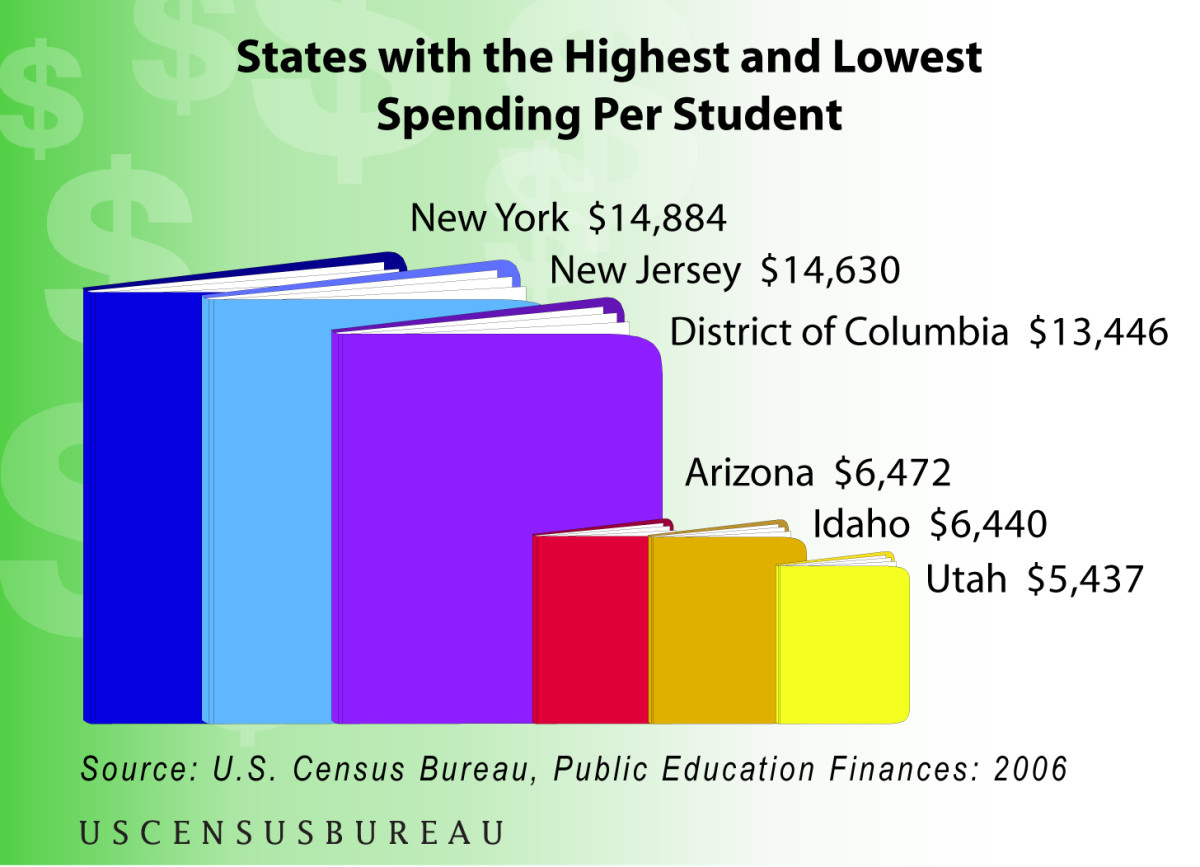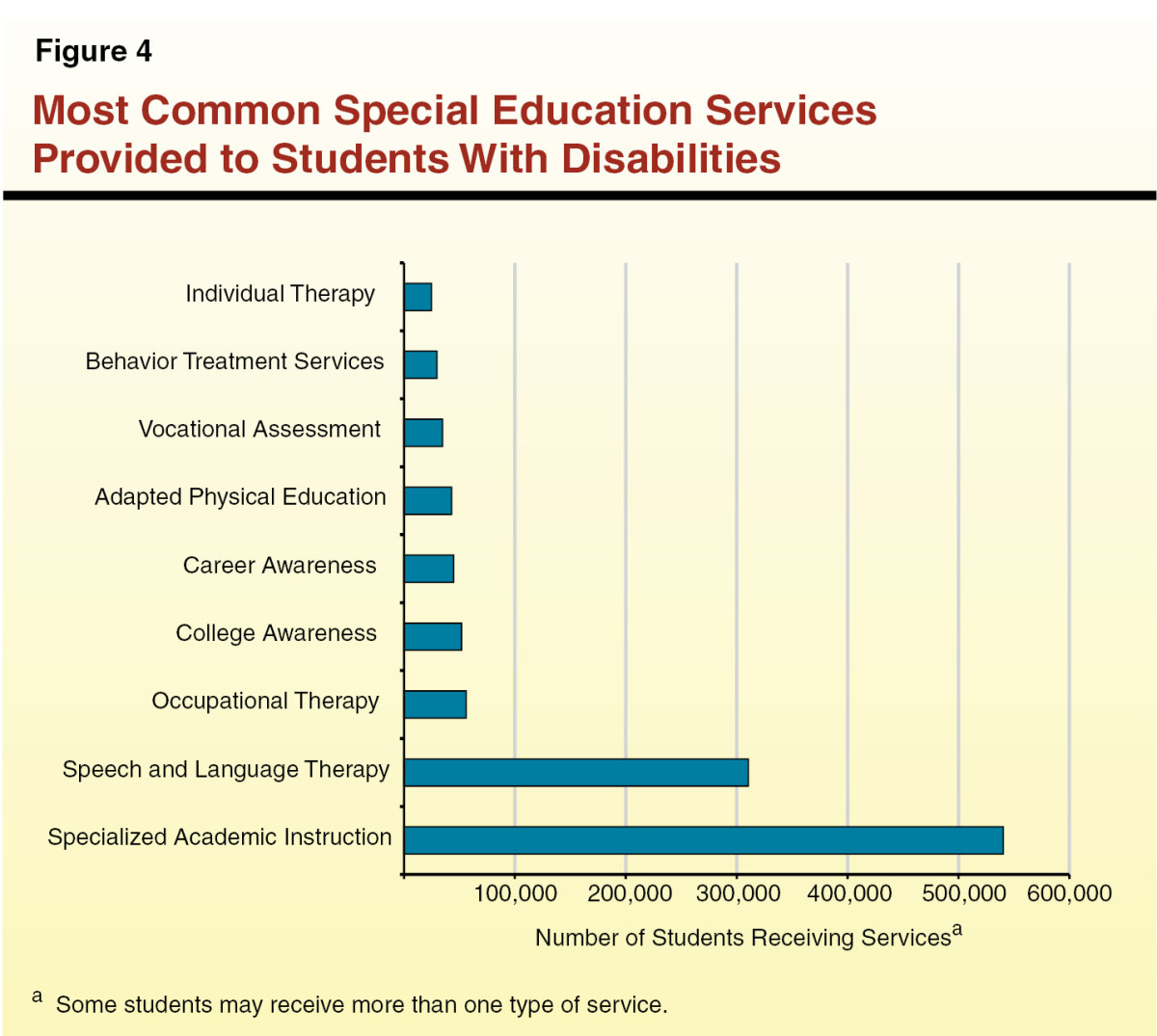Church / State Issues & Public Education
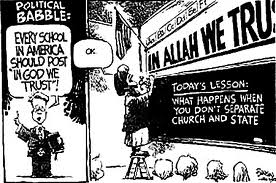
Check out my new book:
I just published a book called "Accessible American History," which developed through my eleven years of experience as a community college teacher. The link below will take you to a short hub describing it in more detail, including links to where it can be bought.
Chuch / State Issues
Every year, controversial issues come up that raise questions about the meaning of “separation of church and state.” Often, these seem to deal with religious language, objects, and symbols. For some, monuments of the Ten Commandments placed in court buildings, crosses on gravestones in public cemeteries, and Christmas trees on government property are examples of “an establishment of religion” forbidden by the First Amendment. For others, these religious symbols represent a vital recognition and defense of our country’s Christian heritage. Often, these church and state questions relate to public education. Should all references to any specific religion, and all practices that could possibly be described as religious, be completely banned in any public school?
A "Video" of a song called "Christ Our President"
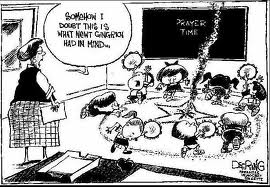
School Prayer
Back in the 1980’s, I used to hear fairly frequently about a movement to establish prayer in public schools. Even when I was an evangelical Christian, I never understood the logic of this movement. If people want to pray in school, why don’t they just go ahead and do it? It’s not like the school prayer police is going to show up and use some kind of mind-reading device, a sort of spiritual Geiger Counter, to intervene and stop people from praying. Even now, I tell my students that they can pray any time that they wish. If they did not study for a test, they should feel free to do some bargaining with God in hopes of a better score. After all, students should be encouraged to use all of the resources at their disposal. Of course, I tell them to do this quietly so that they will not disrupt anyone else’s learning (or praying).
Apparently, promoters of this idea, if they are still out there, do not think that spontaneous, quiet, personal prayer is good enough. Instead, they want to implement some kind of communal prayer time that students are encouraged to engage in during a specific part of the school day. Now it does not take a theologian or a genius to figure out that there are many practical problems with having some sort of mandated communal prayer time in a public school. First of all, to whom or what will students be encouraged to pray? Some would say that you could theoretically use spiritual language that is vague enough to both avoid offending students and stay in line with the First Amendment. But even if you use generic terms like God or Higher Power, you have done potential offense to adherents of religions that are not monotheistic. Even the word prayer creates problems. Some people do things that are closer to chanting or meditation than prayer. Will these practices be allowed or encouraged? So I guess that when you tell students that it is prayer time – or chanting, meditation, or whatever practices people are accustomed to time – you would tell students that everyone will have their daily opportunity to engage in the spiritual activity of their choice in which they direct these actions to the god, gods, goddesses, or spiritual forces of their choice. (I guess that atheists get to take a short nap.) Now a Unitarian would be cool with this, but it is not quite the communal time that advocates of school prayer probably had in mind. It is hard to have a prayer time that can be considered truly communal when the people in the room do not share the same beliefs. So why bother? Beats me.
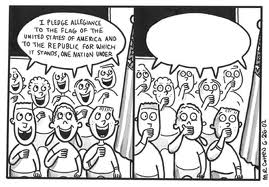
Pledge of Allegiance
I imagine that if some kind of generic spiritual activity was ever implemented, it would probably degenerate into what typically occurs during one of the classic school rituals: the reciting of the Pledge of Allegiance. This opening moment of the school day always reminded me of the Catholic masses of my youth. You had a bunch of people in both cases often reciting words that they probably stopped listening to in the third grade (if they still said them at all). Of course, the Pledge of Allegiance is the subject of another church and state public school controversy: should the words “under God” be in the pledge? Personally, I could care less. As I said before, I don’t think that most of the kids think too deeply about these words that they are reciting. (What does indivisible mean anyway?) Still, I can understand why some people take offense. Some may be bothered by the apparent assumption that all Americans believe in a single god. Others may be offended by the subtle notion that our nation has some sort of a special relationship with this God that entitles us to receive special treatment and to tell other parts of the world how to live. But why are other people so deeply committed to keeping those words in there?
For the past thirty years, one of the most powerful political movements in the United States has been the so-called “Religious Right.” This term, which is often applied to several different religious groups and denominations, refers to people who believe that political action needs to be taken to make the United States a more Christian (as they define it) nation. One of the basic tenets of this movement is that “liberals” have taken the concept of “separation of church and state” too far, and this includes, of course, wiping out whatever is left of religion in public schools. They seem to believe that if references to God are stripped completely from public life, then our nation’s Christian heritage will be lost, and we may lose whatever is left of God’s favor.
The Religious Right gets their name because they generally take a conservative – a “right wing”- position on political issues, whether it is gun control, taxation policies, or business regulations. Now conservatives are supposed to be people who generally distrust big, overly intrusive government. So I find it strange that they want to use government institutions to promote religious ideas and practices. Using public schools to push a religious agenda seems particularly misguided. If you want people to engage in behaviors like prayer, and you want people to recognize their position as being “under God,” then the last thing you should do is have a public school promote these activities. After all, the quickest way to have a young person not do something is to have a school tell them to do it. When public schools or government in general get into the religious promotion business, it probably does more damage to religion than good, and it may even turn people off to government as well.
Religious Holidays
Still, I think that trying to eradicate completely all religious references and practices in public schools is kind of silly. Take Christmas, for instance. Some would argue that all references to Christmas should be avoided in public school settings, and instead they should use generic phrases such as “Season’s Greetings” or “Happy Holidays.” Christmas break should also be referred to as Winter Break in order to avoid offending members of other religions. I can understand the logic of this, but promoting the illusion that the word “Holidays” in the phrase “Happy Holidays” refers to something other than Christmas is ridiculous. Without the Christmas tradition that is a major part of the cultural heritage of our largely Christian nation, there would be no major winter holiday to be happy about. Of course, nativity scenes and plays describing the birth of Jesus that overtly promote the Christian message are inappropriate. However, a play that simply tells the story that Christmas is based on – and a Christmas tree or two on a school campus – are not a problem in my view. Of course, to be fair, the stories and traditions of non-Christian faiths should also be told and celebrated on public school campuses. The key is to avoid promoting any of these stories as absolute truth. (I wonder how the Religious Right would feel about the performance of Hindu stories on Diwali or a demonstration of the tradition of ancestor worship in China.)
As a Unitarian Universalist, I am not particularly offended by Christian (or any other faith’s) religious imagery. I still celebrate Christmas, and the holiday is as meaningful for me now as it was when I was a Christian. The important thing is to focus on the deeper meaning behind the imagery. Is the story of Jesus’ birth told accurately in the New Testament? I don’t think so. After several readings, I eventually came to the conclusion that the nativity stories in the books of Matthew and Luke contradict each other. Still, I find a lot of beauty in these stories of hope, redemption, and of a God willing to come to earth as the child of an average, everyday family. Too often, we get stuck on the imagery and lose sight of the deeper meaning. After all, it is relatively easy to use spiritual language or to display religious symbols. Compassionate service of humanity and true adherence to ethical principles, the things that spirituality is supposed to be about, are just so damn hard.

